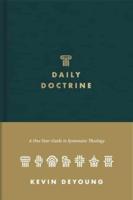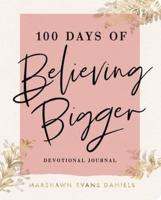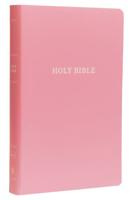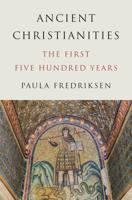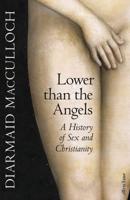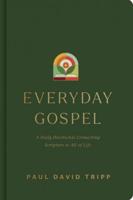Publisher's Synopsis
The Holy Books on Trial
A comprehensive investigation by a Muslim scholar into the Torah and the Gospel to uncover the truth
This book represents a profound journey into the core of Muslim belief regarding the corruption in the Torah and the Gospel. It embodies the author's unwavering quest for truth.
The claim of corruption of these scriptures raises critical inquiries. When were they corrupted? Did this corruption occur prior to Islam and the Quran's revelation, afterward, or during the prophet's time? Are there Quranic verses that explicitly support the claim of distortion, and how should verses like "they distort the word from its places" and "they write the book with their own hands," be interpreted?
What about the stories in the Torah and the Gospel that attribute sins to the prophets? Are these accounts factual or mythical? If these texts are considered divine, why do textual variations exist, and are similar variation found in the Quran?
Is the prophet's name mentioned in current books or in ancient manuscripts predating Islam? What's the story behind the "Original Authenticated Book"?
While most Muslims believe in the corruption of the Torah and the Gospel, many are unaware of the underlying reasons. I was once among them, which prompted me to embark on an impartial journey to uncover the truth about these Holy Scriptures. In my research, I explored the work of renowned Muslim scholars who identified four reasons for alleged distortion. However, rigorous analysis based on scientific and impartial principles, Islamic sources, and the Quran revealed these reasons are speculative, lacking credible evidence, and even contradicting Quranic teachings. Notably, the Quran itself affirms the authenticity of the Torah and the Gospel, and the prophet of Islam respected and praised them as sources of light, guidance, and mercy. Manuscripts from global libraries and museums align with the circulating texts, and recent archaeological discoveries support their authenticity.
Considering the evidence, it appears that the Torah and the Gospel remained unaltered before, during, and after the Quran's revelation. The notion of an "original authenticated book" lacks credible support, Quranic reference, or prophetic endorsement. It has primarily served as a rhetorical tool to advance a flawed hypothesis about the Torah and the Gospel's distortion.

